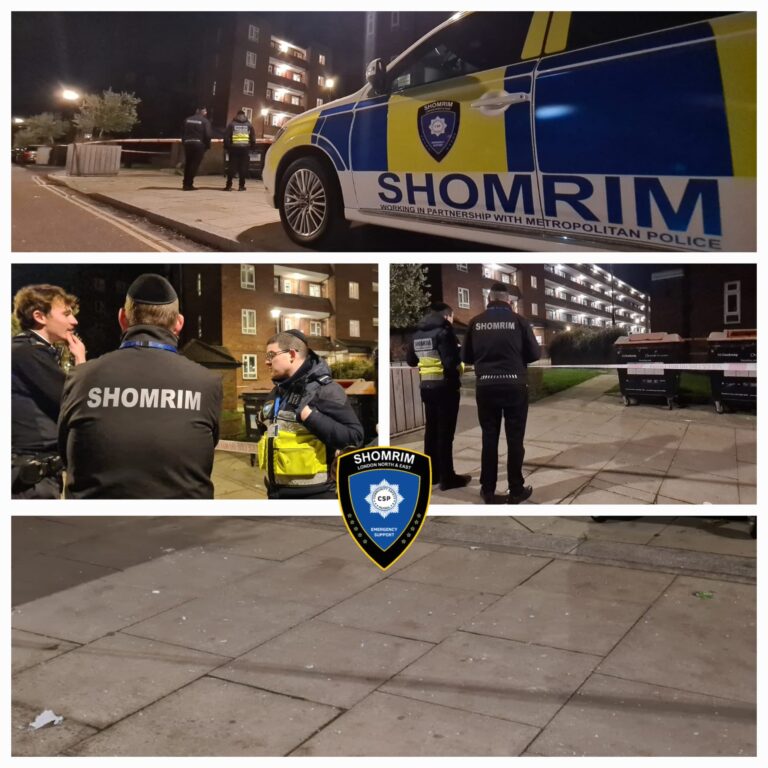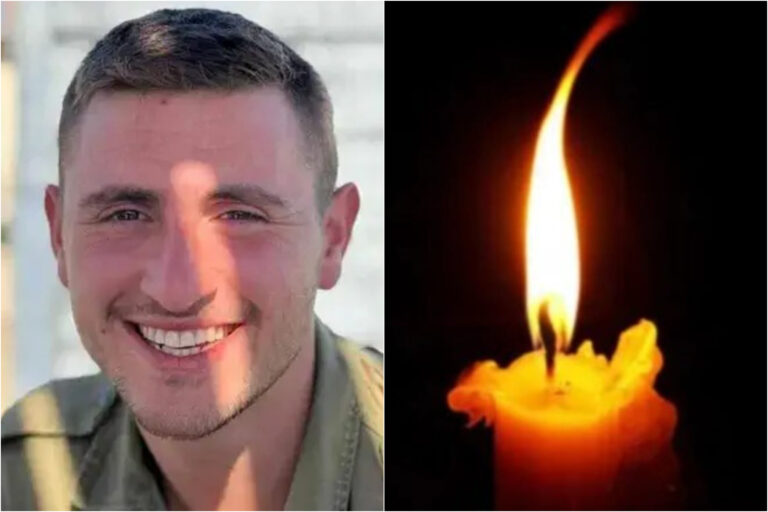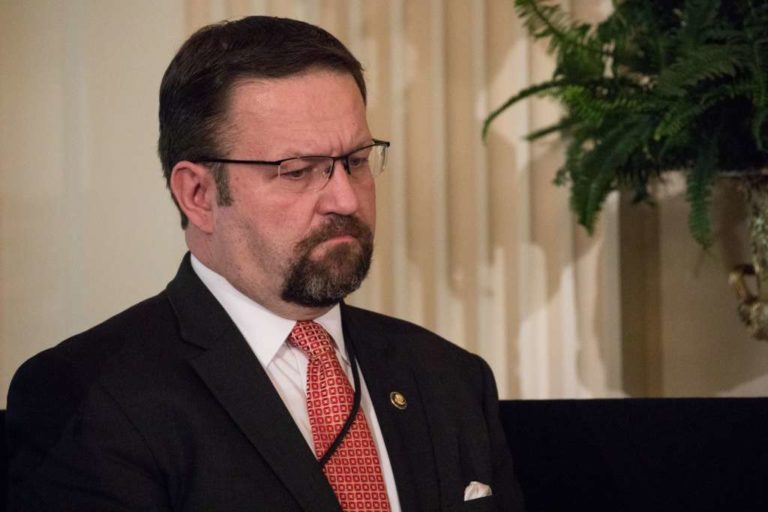 The killing of four French Jews in last week’s hostage standoff at a Paris kosher market has deepened the fears among European Jewish communities shaken by rising anti-Semitism and feeling vulnerable due to poor security and a large number of potential soft targets.
The killing of four French Jews in last week’s hostage standoff at a Paris kosher market has deepened the fears among European Jewish communities shaken by rising anti-Semitism and feeling vulnerable due to poor security and a large number of potential soft targets.
In the wake of the attacks, which follow deadly strikes on a Belgian Jewish Museum and a Jewish school in southwestern France, Israeli leaders have called on European Jews to immigrate to the Jewish state. But European Jews are deeply ambivalent about leaving, and their community leaders, along with top politicians, have urged people to stay in their homelands.
“The European Jewry is the oldest European minority and we have our experience of surviving under all possible circumstances,” Moshe Kantor, president of the European Jewish Congress, told The Associated Press. “We will not give up our motherland, which is called Europe. We will not stop the history of European Jewry, that is for sure.”
Kantor called for increased security at Jewish sites, concerted action against anti-Semitism across the continent and better coordination of intelligence forces against religious extremism. But he acknowledged that if any Jewish European does not feel safe, “I say you should leave in this case.”
Many French Jews already are. Last year, 7,000 emigrated to Israel as anti-Semitism spiked across France, fed by tensions with the country’s large Arab population after the outbreak of Israel’s war against Palestinian militants in the Gaza Strip. That was double the previous year, making France, for the first time, the No. 1 source of immigration to Israel, according to the Jewish Agency, a nonprofit group that helps Jews move to Israel.
Officials in Israel are expecting – and encouraging – a new influx following the Paris standoff. Since last week’s attacks, Prime Minister Benjamin Netanyahu has encouraged European Jews to move to the Jewish state.
In an interview with Israel’s Channel 10 TV Saturday, Yohan Cohen, one of the hostages who hid inside a freezer at the kosher market for five hours during the hostage-taking, said he would now move his family of four children to Israel.
“On Monday I am going to make Aliyah,” he said, using the Hebrew term for immigration to Israel. “We are not going to wait around here to die.”
Overall, immigration was up 88 percent from Western Europe in 2014, with the arrival of 8,640 immigrants compared with some 4,600 in 2013, with surges also from Italy, Belgium and Britain, according to the Jewish Agency.
Experts say European Jews have not felt this threatened since World War II, when some 6 million Jews were murdered in the Nazi Holocaust. Researchers at Tel Aviv University monitoring anti-Semitism have reported a chilling increase in attacks in Europe over the past decade, including deadly shootings in Toulouse, France, in 2012 and Brussels last year. In recent years, France has had the highest number of incidents of any single country.
For many of Europe’s 2 million Jews, the mood following the Paris attacks was one of tense vigilance amid increased security and additional personal precautions. Some were defiant and determined to remain. Others wondered whether their way of life can continue.
Heightened security measures, visible and non-visible, were swiftly enacted at Jewish places of worship, study and business across Europe over the weekend. Security officials and Jewish leaders in Italy, Britain, Poland, the Netherlands, Germany, and Austria confirmed increased surveillance of vulnerable sites without providing details.
Still, many Jews are taking their own precautions: An Israeli mother of three, who has been living in Berlin for several years, said she no longer allows her children to talk in Hebrew outside the home.
“When we are outside, I tell my kids to only speak English. I’m too afraid that somebody will recognize that we are Jewish or Israeli and then harm us,” said the woman, who did not want to give her name out of fear.
Security at Rome’s soaring Art Deco synagogue along the Tiber River was noticeably heightened during Friday evening prayers.
In the predominantly Jewish north London neighborhoods of Golders Green and Temple Fortune, police vans drove by frequently Sunday, while members of the Community Security Trust – a charity established to combat threats to the Jewish community – patrolled on foot. The Shomrim volunteer organization added extra patrol cars – which resemble police vehicles – in London neighborhoods after the Paris attacks and urged the Jewish community to remain calm, but be vigilant about possible copycat attacks.
Rivki Rokach, a manager at Kosher Kingdom supermarket, said management was putting into place new security measures, declining to specify. She said business had not dropped off since the attacks.
“People are in a bit of panic mode, but thank God people need to shop,” she said. “We are doing everything we can to make sure people are comfortable.”
A spokesman for the Jewish community in Rome, one of the oldest Jewish communities in the world, noted that security has long been tight. Metal barricades and other cement planters keep passers-by and cars from getting close to the main synagogue, and Italian police officers with automatic weapons stand guard in sentry boxes day and night. An attack by a Palestinian terrorist on the main Rome synagogue claimed the life of a toddler in 1982.
Even with the high security, “the members of our community are living through this moment with greater apprehension,” said Fabio Perugia, the spokesman.
In Milan, Jewish community leader Walker Meghnagi welcomed the government’s deployment of additional security.
“I can’t say we are tranquil. What they are doing is the best that they can give,” Meghnagi said.
Netanyahu’s calls for immigration have not been entirely welcomed. In France, home to the world’s third-largest Jewish community, political leaders stressed that Jews are an integral part of the French Republic, having gained citizenship during the French Revolution.
“France, without the Jews of France, is not France anymore,” Prime Minister Manuel Valls said.
Haim Korsia, the chief rabbi of France, emphasized Jews’ 2,000-year history in France in comments to iTele.
“We dream in French, we think in French, our culture is French, our language is French,” he said. “Obviously France is our country.”
(AP)











7 Responses
“ . . . our culture is French, our language is French,” he said. “Obviously France is our country.”
Oy. R”L.
France is a Makom Sekana it is time to get OUT NOW! How many warning does HaShem have to sent? Maybe this will truly show the antisemitism that is very strongly under the surface. France is NOT your country; the last time Jews said that was Berlin is the new Jerusalem and 6 Million Jews died after that!
time to move … time to get out alive . to fly on
EL AL in a seat not a coffin R”L
Why the Swastika in the picture accompanying the article? This is Islamic terrorism not Naziism.
1. The picture has nothing to do with the article.
2. The European right, which is often accused of being neo-nazis (e.g. the French National Front, the British UKIP party, the German “Alternatives for Germany”), have given up being anti-semitic and are now specializing in favoring persecution of Muslims.
3. The stakes are very high since France is the largest Jewish community in Europe, and the largest non-Anglophonic Jewish community, and if they migrate (whether to Israel, or North America) it will be very disruptive politically (not necessarily worse, but it will create great instability).
Re comment no. 4: You must be a wine taster or a “nose” – the guys in the perfume industry who identify fragrances. You obviously have an extraordinary ability to make extremely subtle distinctions.
Re comment no. 5: By your paragraph no. 2, do you mean to suggest that the right-wing switch from anti-semitism to anti-Islam is (a) permanent, and/or (b) good for the Jews?
And why would a migration of French-speaking Jews be disruptive to the US or Israel? You got a problem with French speakers?
#6:
1. The factors leading to the racial anti-semitism of the 19th and 20th century have disappeared, along with most European Jews (outside of France). There is no danger that Le Pin or Farage will turn into a new Hitler. Acting as if they do means allying with the militantly secular “left” which is where the threat to us is coming from today (analogy: Jews who based on WWI, in 1939 in Poland fled from the Soviet to German lines). If any group decides that anti-Semitism is not part of the ideology, and then decides to attack those who wish to destroy us, we shouldn’t complain.
2. Large French migration to Israel would probably shift the political balance. Just as the Russian mass migration 20 years ago hurt the religious parties and devastated the socialists (who never recovered, today’s Labor party is only nominally socialist), it would probably shift politics towards the extreme right (which tends to be both anti-Palestinian as well as anti-hareidi). The migration to North American would probably end up in Canada which would alter the character of its Jewish community. I didn’t say they would be “bad” but only it would be disruptive and create instability.